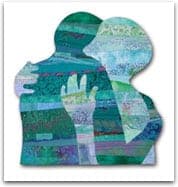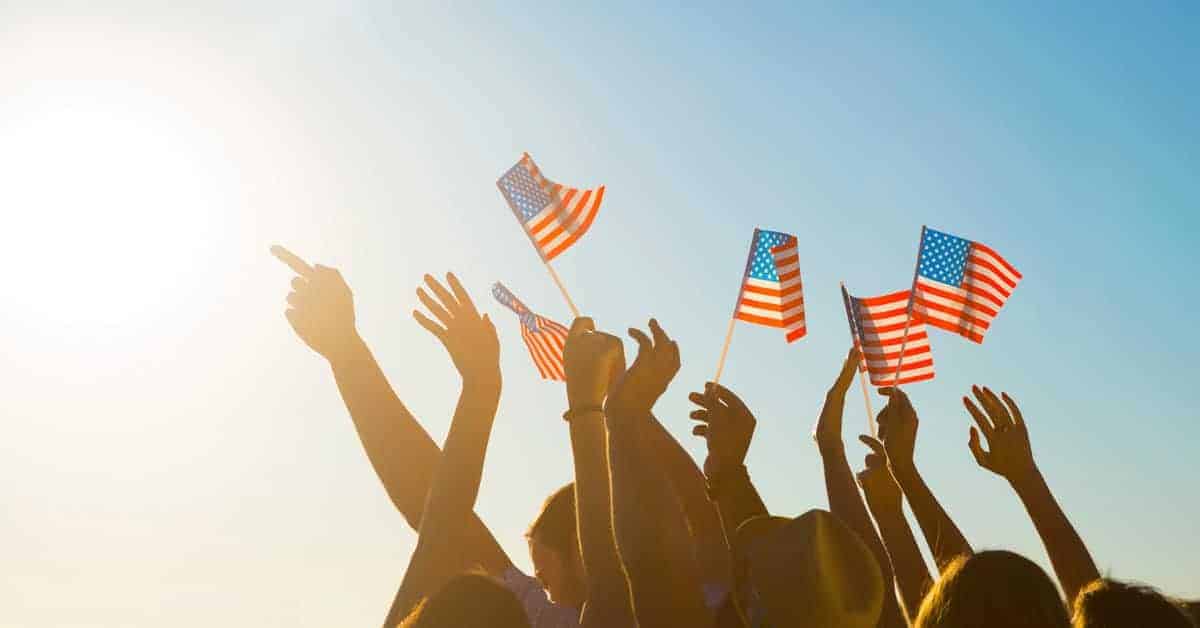There are few international stories in our time more compelling than the struggle for reconciliation and collaboration in post-apartheid South Africa. I have long been amazed by this story of oppressor and oppressed trying to find a way to build a society together and not to let vengeance hold sway, which so often happens in human history. My interest here is not just historical. It is also interpersonal. For the past twenty years I’ve been on a steep learning curve in human relationships learning what makes them thrive and what destroys them. I don’t know that there’s anything closer to God’s heart than relational healing. One of my recent LIVING LOVED articles, Betrayal, Forgiveness, and Reconciliation, was on this topic.
Two weeks ago Sara and I attended “A Conversation About Forgiveness, Reconciliation and Healing: Lessons from South Africa” at the Pepperdine University’s School of Law. It was a fascinating day and a powerful reminder of how critical reconciliation and forgiveness are in human culture. As part of that day we saw an award-wining documentary, Reconciliation: Mandela’s Miracle, a taped interview with Desmond Tutu about his work on the Truth and Reconciliation Commission, and excerpts of an uncompleted documentary, “The Foolishness of God: My Forgiveness Journey with Desmond Tutu“. We also heard from a panel consisting of South African Ambassador to the US, Ebrahim Rasool, Desmond Tutu biographer John Allen, and Michael Lapsley, an Anglican priest who was severely injured by a mail bomb for his outspokenness against apartheid and now heads the Institute for Healing of the Memories.
What a day! For a long time I have been fascinated with Nelson Mandela’s story of coming out of 27 years of imprisonment for his political beliefs and fight for an equitable society in post-apartheid South Africa, instead of exacting vengeance for the oppression he and other blacks had suffered. I hadn’t realized how critical Bishop Tutu was to that process as well. Having the ear of both blacks and whites and a whole-hearted devotion to forgiveness as a way forward for his homeland.
The story is all the more fascinating because it involves an entire country and so many people on both sides of the conflict who have had to find a way to work together, but the lessons that rise from that experience are as applicable to individual human relationships. I can’t share with you all I gained there, but here are some of the highlights I took away from the conversation that day:
Freedom is a community experience. One person cannot truly be free with others around them who are not. Mandela, “Your freedom and mine cannot be separated.” They sought negotiations where there was no victor and no vanquished, but that each understood the story of the other.
It is easy to have compassion for people who are like us, but freedom comes from having compassion for all people, especially those unlike us. We are different not to be separated by those differences, but to be united in harmony. We are different to know our need for each other.
“Hard vengeance is doing to them what they did to you,” Albie Sachs, a judge on the Constitutional court of South Africa. It will not lead to peace and freedom.
You cannot be human by yourself. We were created for interdependence. Your well-being is tied to my well-being. We are family is the truth.
There are three imperatives to reconciliation: (1) Confession: There can be no reconciliation without contrition on the part of the offender. Admit what you did was wrong and ask for forgiveness. (2) Forgive: It is a gospel imperative. It frees you from bitterness and makes you available again to love others. (3) Restitution: Give back what you’ve taken. Find a way to mitigate whatever damage you caused.
In their Truth and Reconciliation Commission, they asked what is the legal test for remorse? Of course there isn’t any. But they did find how very few people were really blood thirsty for revenge. Most people wanted acknowledgement for their pain and many found healing in the pubic telling of their story. They uncovered a huge generosity of spirit from those who had been victims of oppression.
They couldn’t rebuild society through absolute justice because it would only punish the perpetrators by turning the victims into victimizers. They sought what they called transitional justice, what would get us from where we are to where we want to be–from a dictatorial state into a democratic one?
From Ambassador Rasool, a black man who grew up a victim of apartheid, “When our hearts are filled with fear and anger, there is no room for generosity and peace.
It may be easy to judge South Africa harshly for their policies of apartheid, but European colonizers back in the day subjugated indigenous cultures throughout the world by violence and theft to seek a better life than themselves. We are still untangling that mess around the world. It’s just more pronounced in South Africa where the whites remained such a small minority of the population, whereas in the United States and other countries the indigenous people were overwhelmed by those who settled there.
The quest for reconciliation in South Africa was a gift from two transcendent individuals, Nelson Mandela, and Desmond Tutu, and the response of a country that chose truth, forgiveness and reconciliation over perpetuation of one side dominating the other. What they been able to get people to embrace strikes to the heart of the Gospel where generosity wins over broken humanity’s constant quest to take power over others for its own gain. Of course, the challenge still continues and a second generation of leaders will have to continue the quest. The huge economic divide between white and black South Africa will continue to test their resolve and demand that they seek creative solutions the embedded economic inequities of their culture.
It is easy for the oppressor to use forgiveness as an excuse to let bygones be bygones and not work to mitigate the inequities their domination caused in the wider culture. And hopefully their lessons are not lost on us in our own interpersonal relationship. Jesus died to bring ALL things together under one head. We live in that reality in the human relationships before us right now. Are we living to gain power over others so we can get our way, or are we learning to live in a generosity of spirit that seeks the well-being and freedom of others around me as much as we seek it for ourselves? Does the way we live in the world foster more pain by lying, gossip, and taking advantage of others, or are we finding our way into confession, forgiveness, and sharing that allows the kingdom to unfold around us?
There are lessons here for us all. Maybe that’s why Jesus didn’t tell us followers to start political movements, but to simply love their neighbor as they are being loved by Father.






